Lab Members
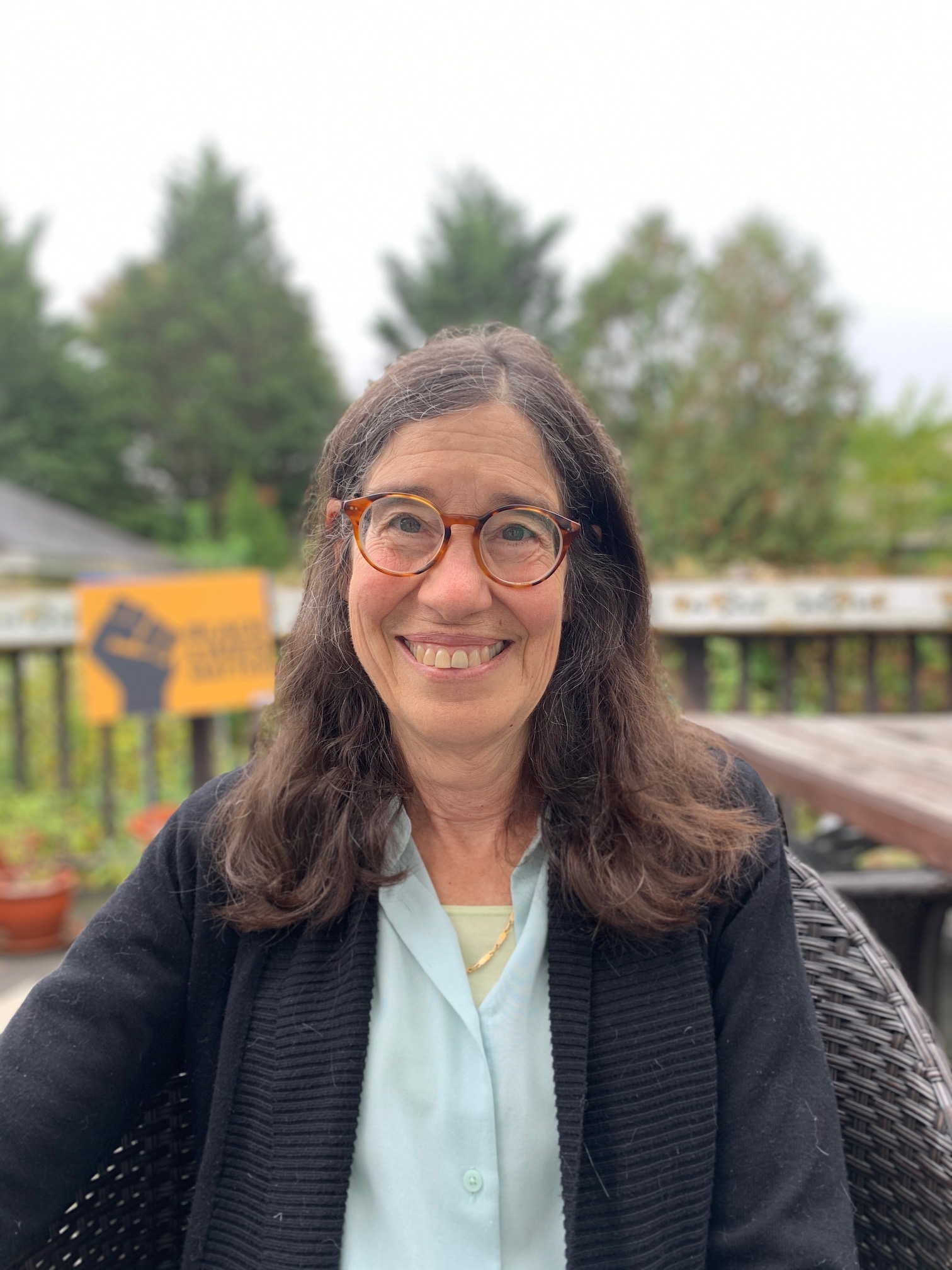
Elizabeth Spelke
Professor
Please click here to find Elizabeth Spelke’s page
Harvard University
Department of Psychology
33 Kirkland St.
Cambridge, MA 02138
spelke@wjh.harvard.edu
Phone: 617-495-3876
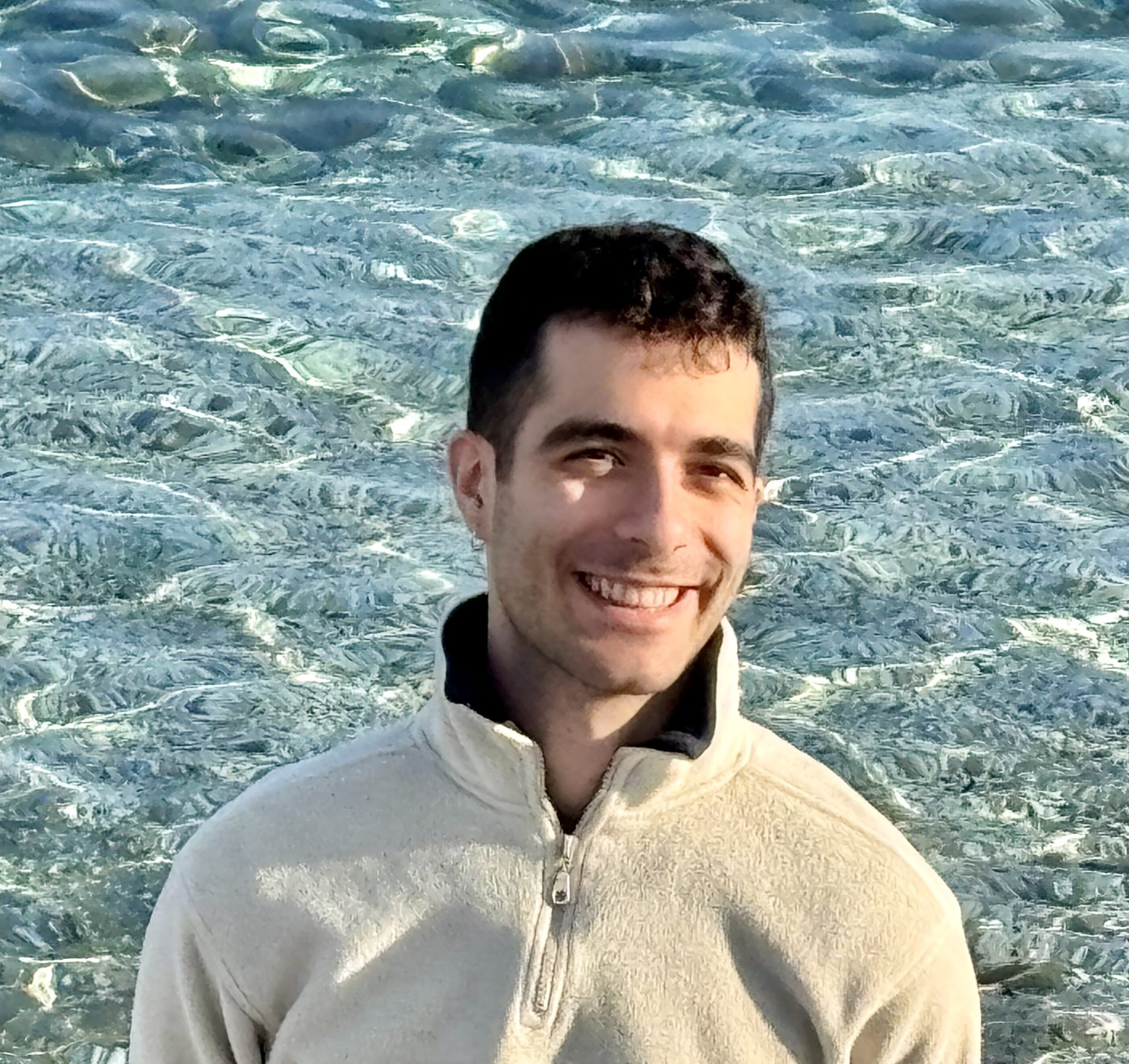
Georgios Dougalis
Lab Manager
I manage the lab’s research operations and lead studies on children’s representation of spatial geometries and infants’ ability to take novel perspectives on objects by leveraging language used in their communicative environment. I am generally interested in core knowledge, contingent communication, cross-species cognitive development, and pre-logical experience. My core research question concerns the nature and development of the cognitive and sensorimotor mechanisms that enable learning.
georgios_dougalis@g.harvard.edu
617-496-9186
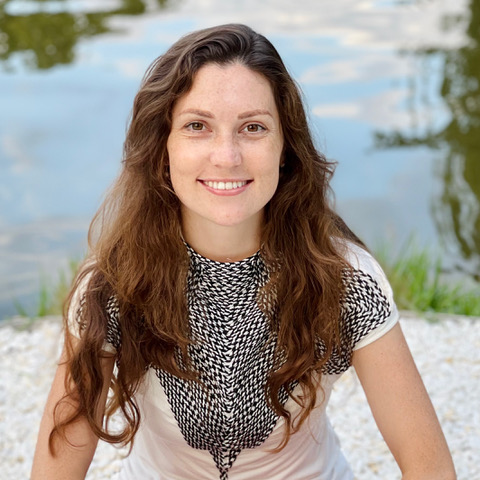
Elena Luchkina
Research Scientist
I am a cognitive scientist investigating the origins of human symbolic communication, language-mediated, and abstract cognition. For example, I look into how and when we first establish the link between words and mental representations of something we have never experienced (e.g., a person we have never met, a hypothetical scenario) or a concept that has no stable perceptual form (e.g., probability, if-then relations, etc.).
I use a combination of behavioral and eye-tracking measures and employ live acting, video-recordings, video-chat, and online apps in my experimental manipulations. I also employ observational methods and corpus analysis in my research.
Aside from conducting my empirical work, I am a founder and a co-lead of the Social Contingency Consortium – a multinational collaboration of 120+ scholars investigating the role of contingent interactions in learning.
Link to my website: www.elenaluchkina.com
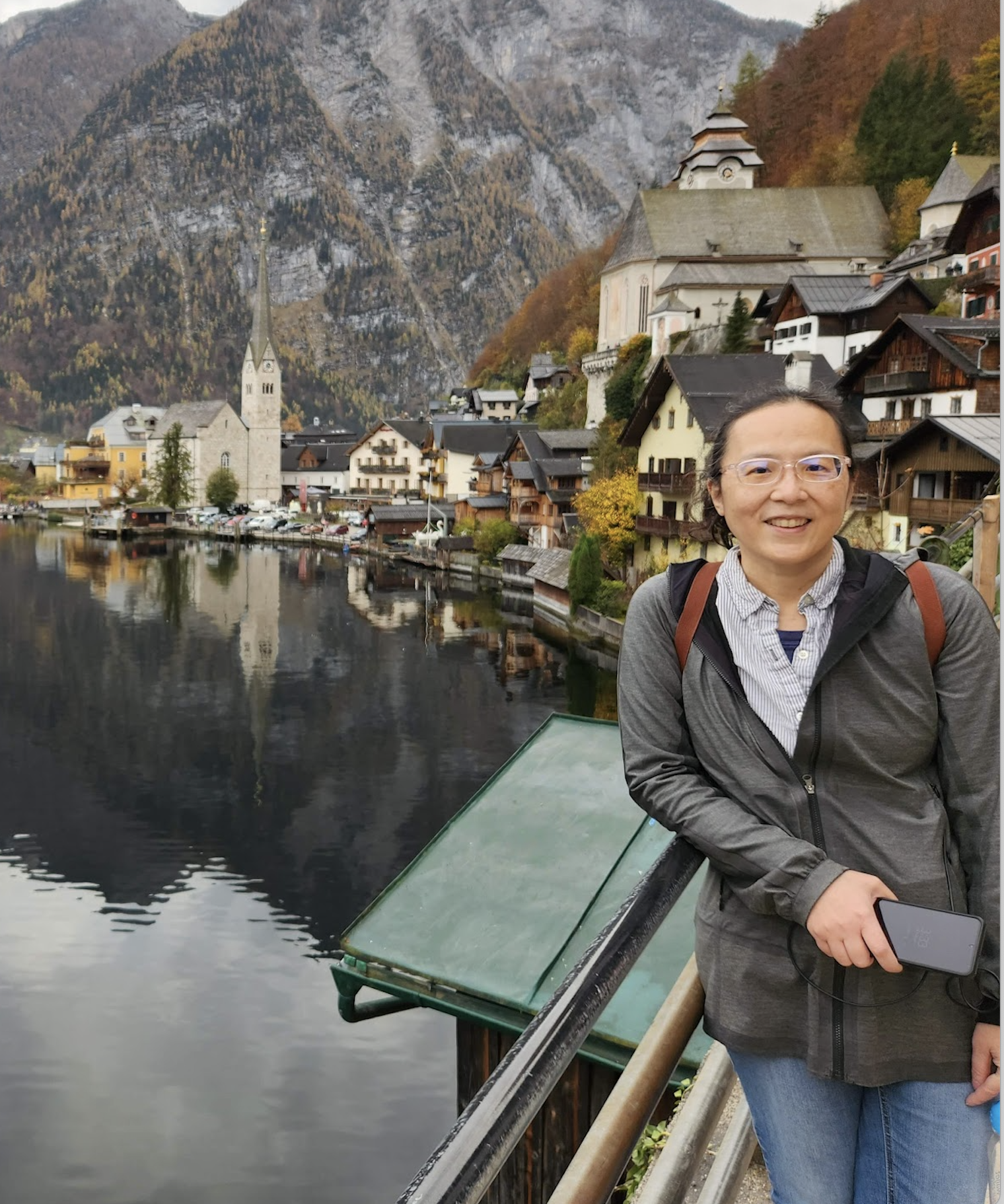
Peggy Lee
Research Scientist
My central research interest concerns elucidating the relationship between language and cognitive development – How does the emergence of various linguistic expressions in a child’s language depend on the child’s growing conceptual capacity? Conversely, in what ways does language acquisition itself make certain concepts more saliently available for problem solving? Furthermore, how might language play a role in the creation of new representational structures?
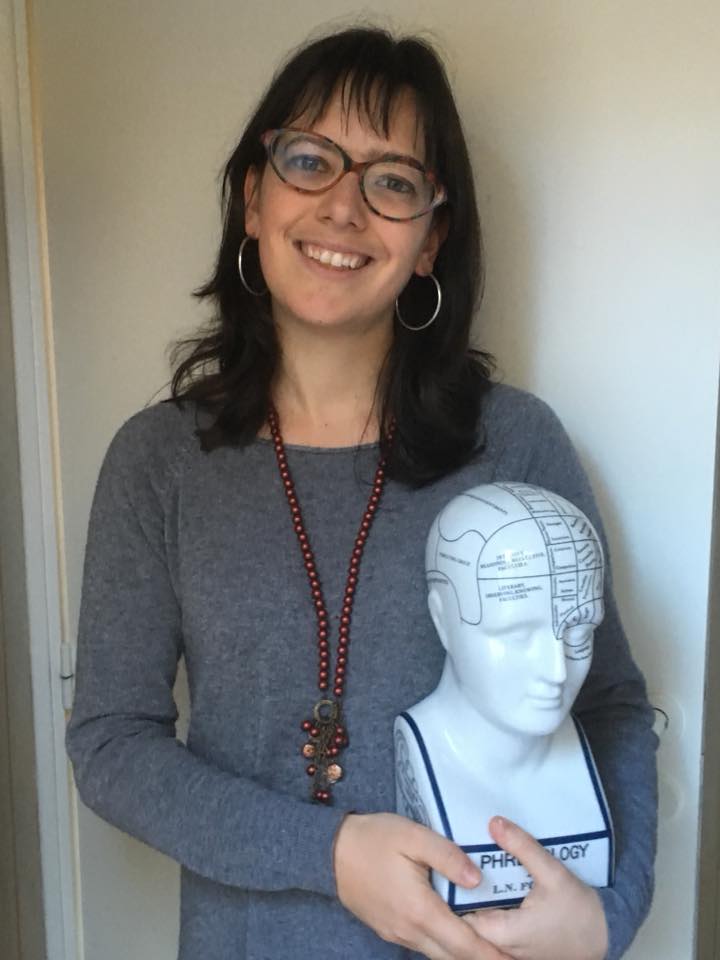
Marie Amalric
Postdoctoral Fellow
My research focuses on how the human brain learns, represents, and manipulates abstract mathematical concepts. In my work, I try to bring real-world situations to the lab, by developing and using naturalistic tasks that complement more traditional and controlled tasks. After studying high-level mathematical thinking in professional mathematicians, I now look at the conceptual changes that occur over the course of math education in children. I am addressing this question thanks to a combination of behavioral and fMRI methods.
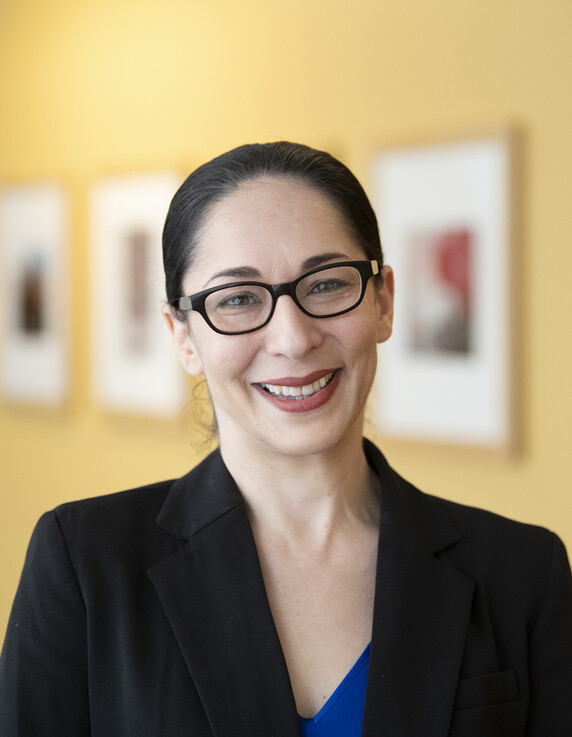
Reba Rosenberg
Research Scientist
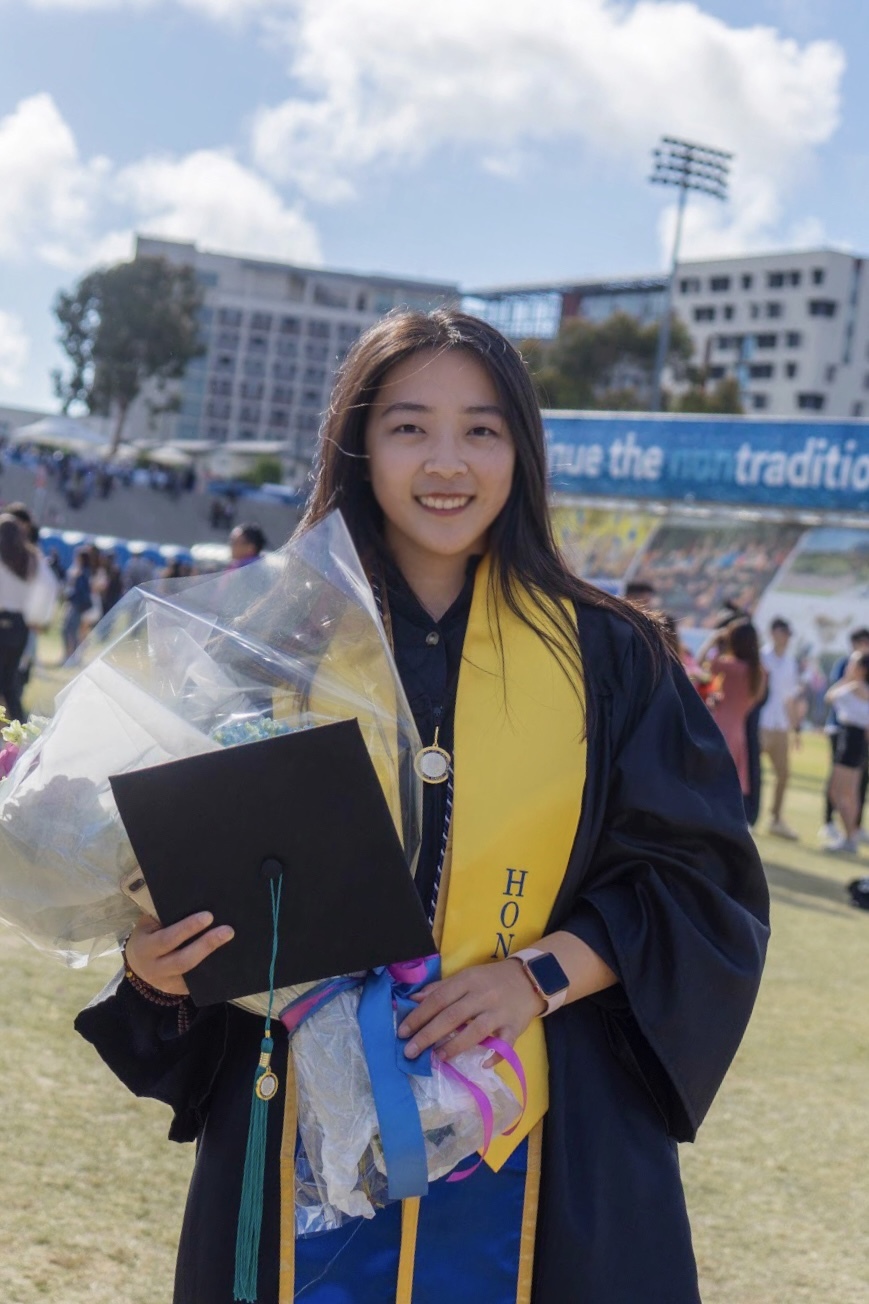
Yiqiao Wang
Graduate Student
yiqiao_wang@fas.harvard.edu
My research interest is in the origin and early development of human mathematical knowledge. I’m interested in how young children acquire number concepts, how they learn the meanings of number words, and how natural language may foster the development of their number concepts.

Ganzhen Feng
Visiting Graduate Student
ganzhen_feng@fas.harvard.edu
My primary research interest lies in children’s spatial cognition and its development. Specifically, I am interested in how children represent the environment they navigate and how their abstract understanding of geometric information within the environment develops.
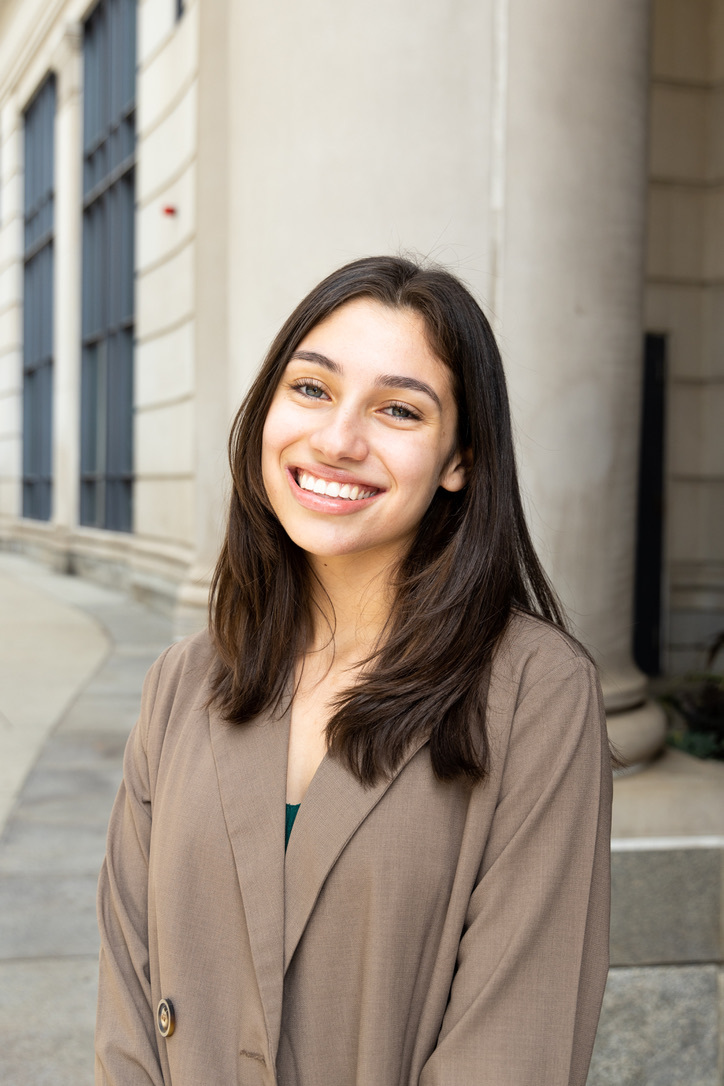
Lucia Vilches
Graduate Student
Research Assistants
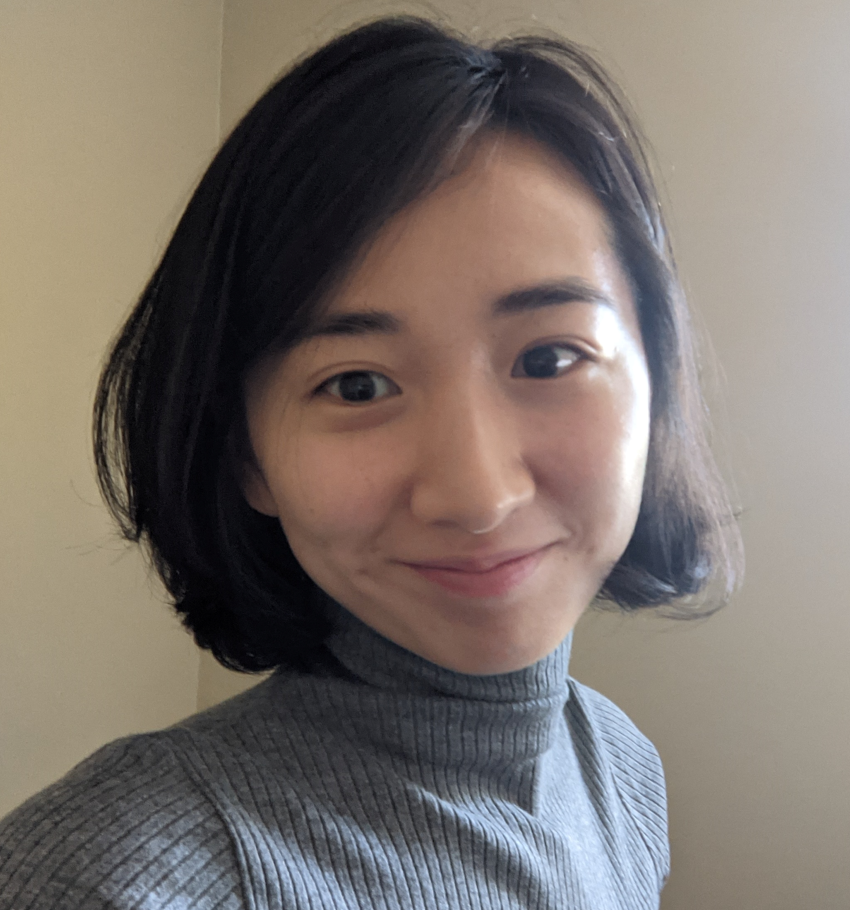
Sanghee Song
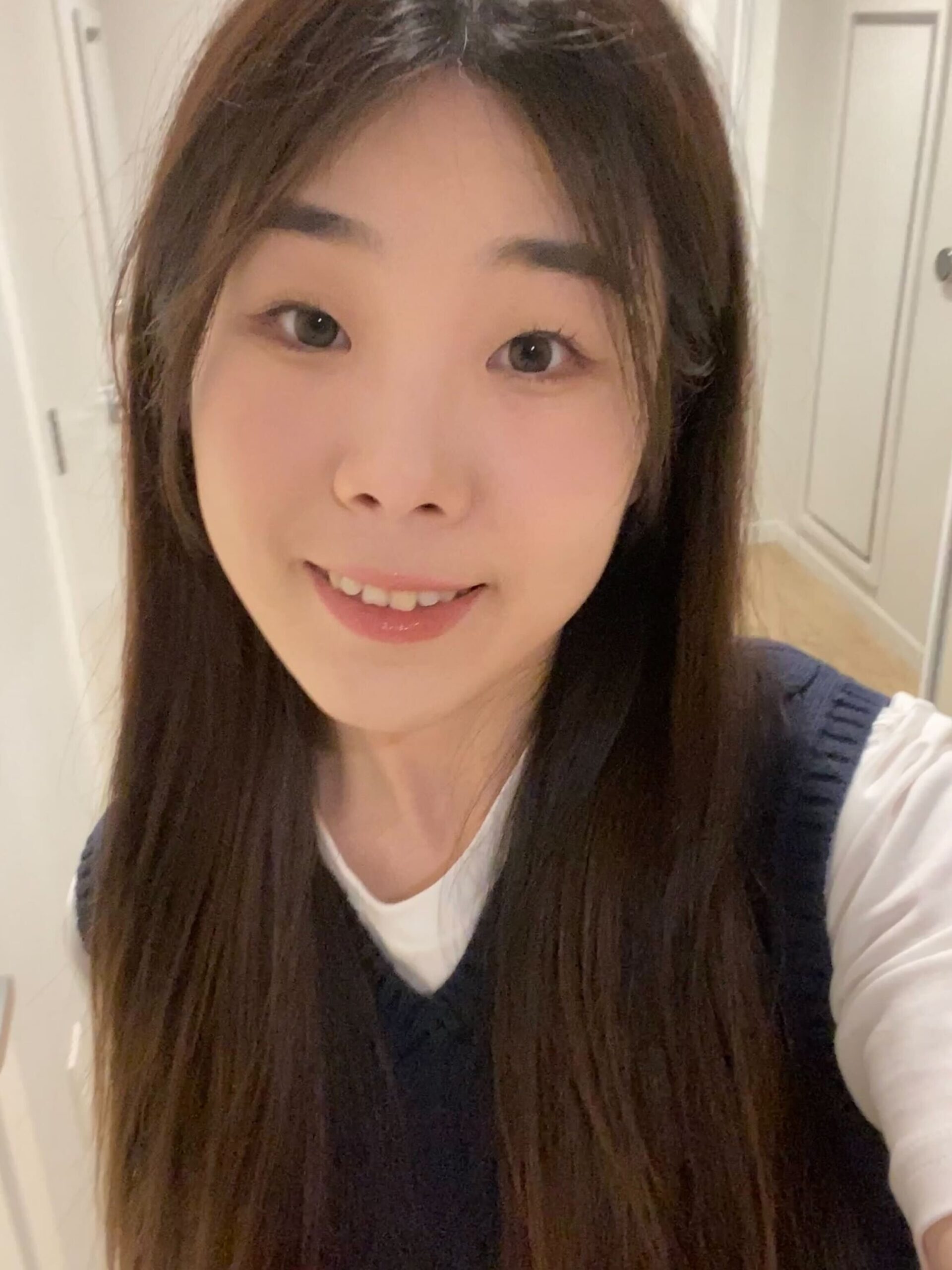
Cassie Liu
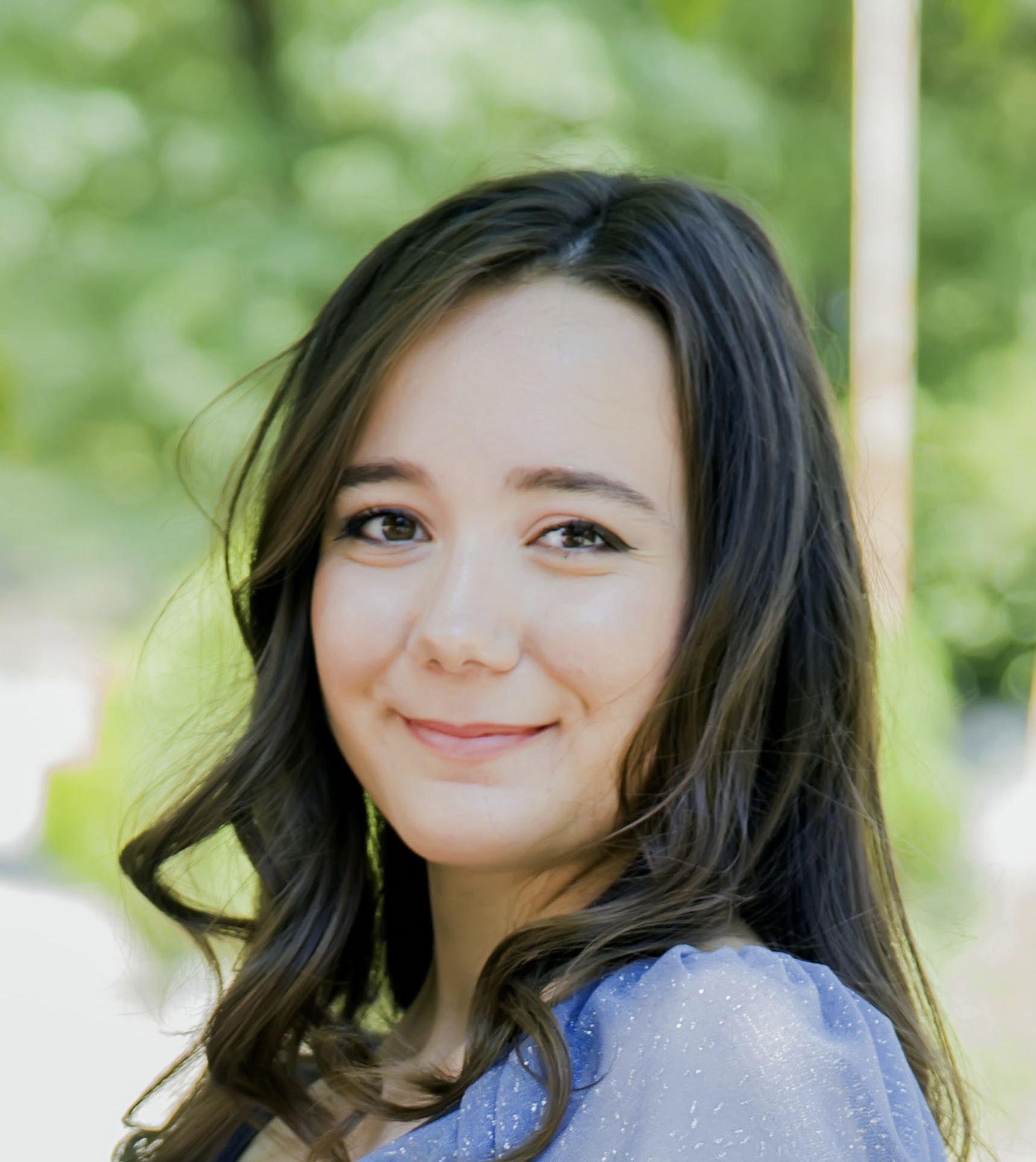
Isminur Yilar
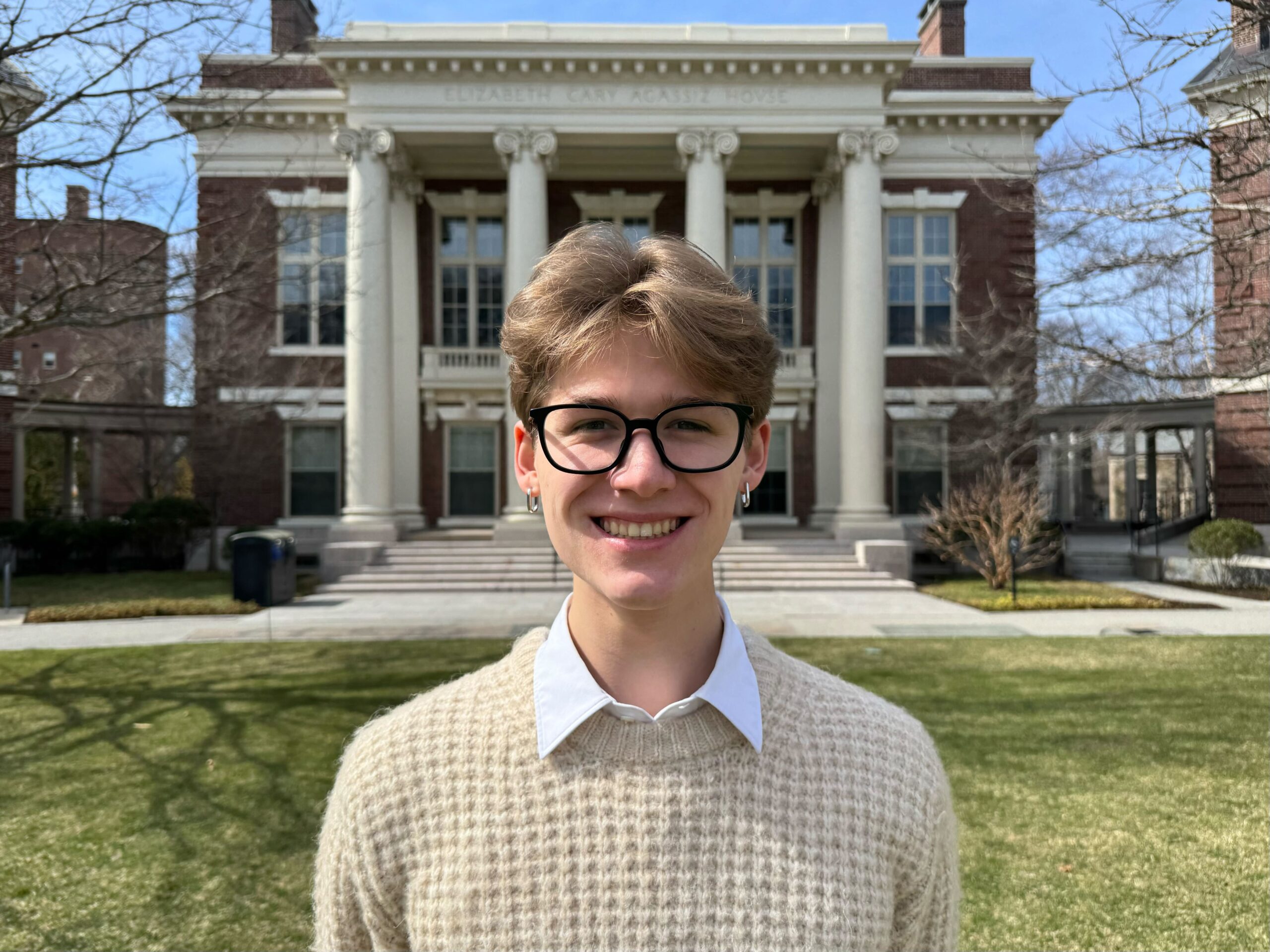
Alex Gayle
Harvard Thesis Students

Addie Kelsey

